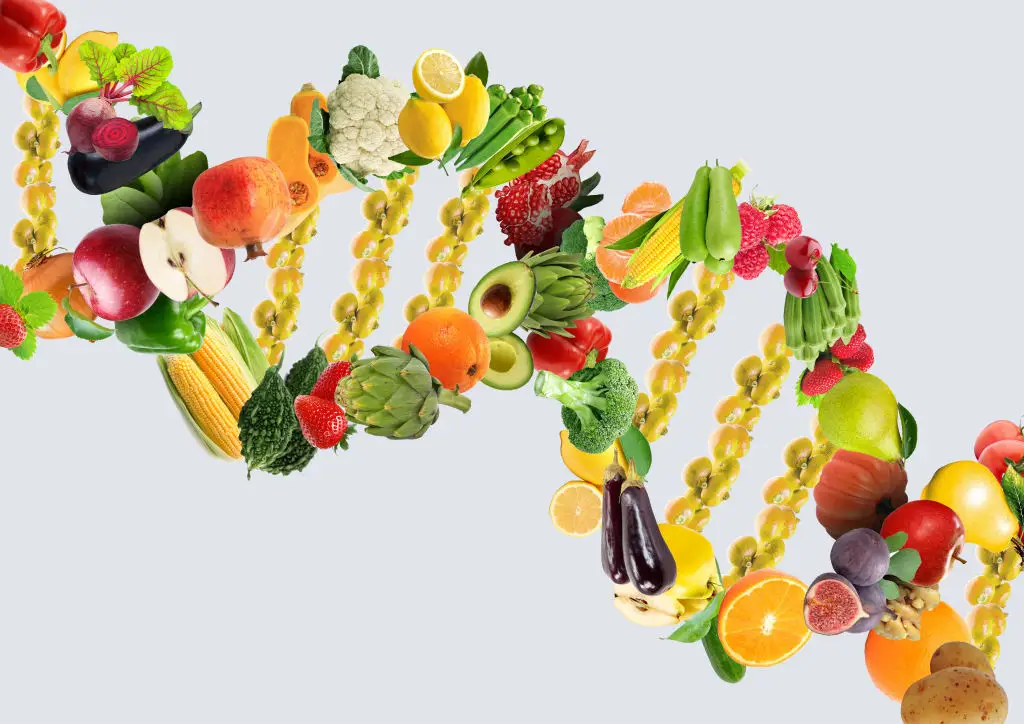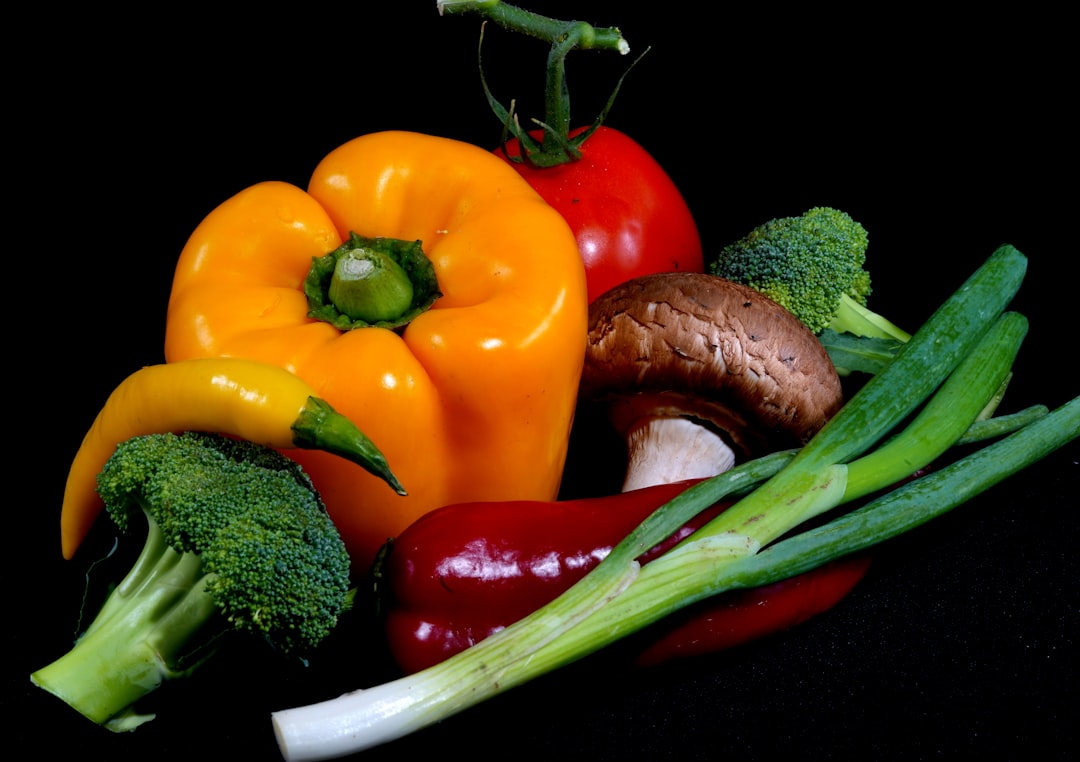The Personalized Plate: 5 Ways Nutritional Genomics Is Revolutionizing Your Diet
Imagine sitting down for a meal that feels like it was made just for you—not just by taste, but by the wisdom woven into your very DNA. The days of one-size-fits-all nutrition advice are fading fast, thanks to breakthroughs in nutritional genomics. This field explores how the foods you eat and your individual genes interact in ways that can help you feel more vibrant, energized, and truly yourself. Whether you’re curious about why some folks thrive on dairy and others don’t, or you want practical, actionable steps to eat smarter for your unique needs, the “personalized plate” is now possible for everyone—not just those in a lab coat. This isn’t about perfection or keeping up with trends; it’s about understanding yourself and making gentle, sustainable choices that help you feel your best, whatever life brings. Today, technological advances and decades of research have made it easier than ever to turn knowledge into daily habits that support your well-being on every level. In the next five sections, we’ll break down exactly how your genes and modern science can work together to make every bite more personal, practical, and joyful. Here are five distinct, accessible ways nutritional genomics may change your diet—and your relationship with food—for the better.
1. Understanding Nutrigenomics vs. Nutrigenetics

The words “nutrigenomics” and “nutrigenetics” might sound like they belong solely in a scientist’s vocabulary, but their meaning can make everyday eating a lot more relatable. Nutrigenomics is all about how the foods you eat influence which of your genes get “turned on or off.” Meanwhile, nutrigenetics looks at how your unique DNA controls the way your body responds to certain foods. Think of it this way: nutrigenomics is your food’s effect on your genes; nutrigenetics is your genes’ effect on your food. A down-to-earth example is lactose intolerance. Some people breeze through an ice cream cone, while others feel uncomfortable after just a spoonful. That’s because their genes either allow them to break down lactose or not. Understanding this isn’t about blaming your DNA—it’s about gaining insight so you can make choices that fit your body’s story. It also helps clear up a common myth: genes aren’t your destiny, but they are a useful guidebook. When you understand what’s in your own genetic toolkit, eating becomes less about guessing and more about discovering what makes you feel your best.
2. Epigenetics: How Diet Influences Your Genes

Every meal you eat holds the subtle power to influence your genes—not by rewriting your DNA, but by guiding which instructions your body listens to most closely. This is the heart of epigenetics: the study of how your diet and environment can shift the volume on different genes, nudging them to become more (or less) active. It might sound complex, but the idea is actually pretty comforting—many of your health outcomes aren’t fixed, and small, steady choices have genuine impact. For instance, babies are sometimes influenced by what their mothers eat during pregnancy, with effects that last for years. Nutrients known as “methyl donors,” such as folate and choline, can play a crucial role in these changes. But this isn’t only about expecting parents; it’s relevant at every stage of life. Choosing more colorful fruits, leafy greens, and whole grains means giving your body a wider range of tools to support gene expression in positive ways. The best part? Even tiny improvements add up, and every choice helps you honor not just your genes, but also your hopes for better health.
